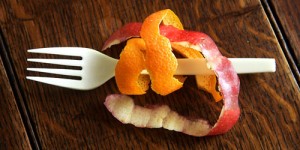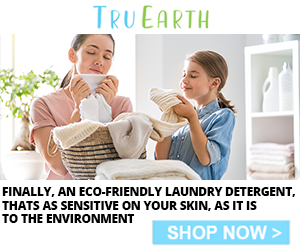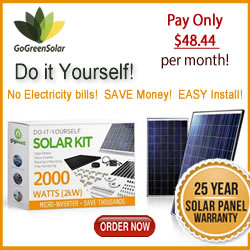The Green Lifestyle Series is supported by Yourdailythread, a modern guide for the eco-curious and social do-gooder. This post was originally featured on YDT’s online magazine which offers a free daily email with entertaining and informative green tips.
We all want to be better recyclers…even the YDT staff is not perfect! So let’s shake up our philosophy and create new curbside habits. Set a goal to be a rad recycler this summer.
What’s up in your community?

Los Angeles and neighboring communities all have recycling programs. Some cities use public services and others use private. What do they have in common? To make money! That’s right, reduce, reuse, recycle is big business. How do we benefit? Recycling saves your community energy and lowers taxes. Most municipalities pay a flat rate for recycling while they pay a per ton rate for garbage sent to landfills. The more we recycle, the fewer costs are passed on to you, the taxpayer. What great incentive to fill the blue bins!
Challenge yourself to fill your blue bin, and give the landfill bin a break.
Most everything is recyclable nowadays. Unless it’s a food scrap or a hazard, it has a way of being reused or repurposed. What does this mean for us recyclers? Throw it in the blue bin! That’s right, after a wrap, container, or jar is empty and clean, add it to your recycle bin. This will create incentive for your city to find profit in these items.
Keep food scraps to a minimum and out of the garbage.
Food clogs up 20% of our landfills and creates harmful methane gas. Solution: keep food out of your garbage! For small scraps, use your sink disposal; for larger scraps, use your yard waste bins for compost. If you’re throwing out more food than you can eat, save money and buy less. Buy fresh fruits and vegetables to eat the same day or throw them in the freezer. Do even better, pick up a compost bin!
Keep a box in your home for hazardous waste.
Unfortunately, the world’s far from perfect and still creates toxic everyday items such as household chemicals and mercury-filled light bulbs. These toxins need to be disposed of properly and MUST NOT be thrown “away”. When your box is full, several locations, such as Home Depot and Best Buy have safe drop-offs for batteries, light bulbs and electronics. Check with your city for the nearest disposal. Earth 911 can help you properly dispose of pretty much anything.
Other ways to be rad: Encourage recycling at work and school. Ask for blue bins and be pleasantly surprised to see everyone on board. Join YDT’s Going Green Bootcamp for other great ideas!




